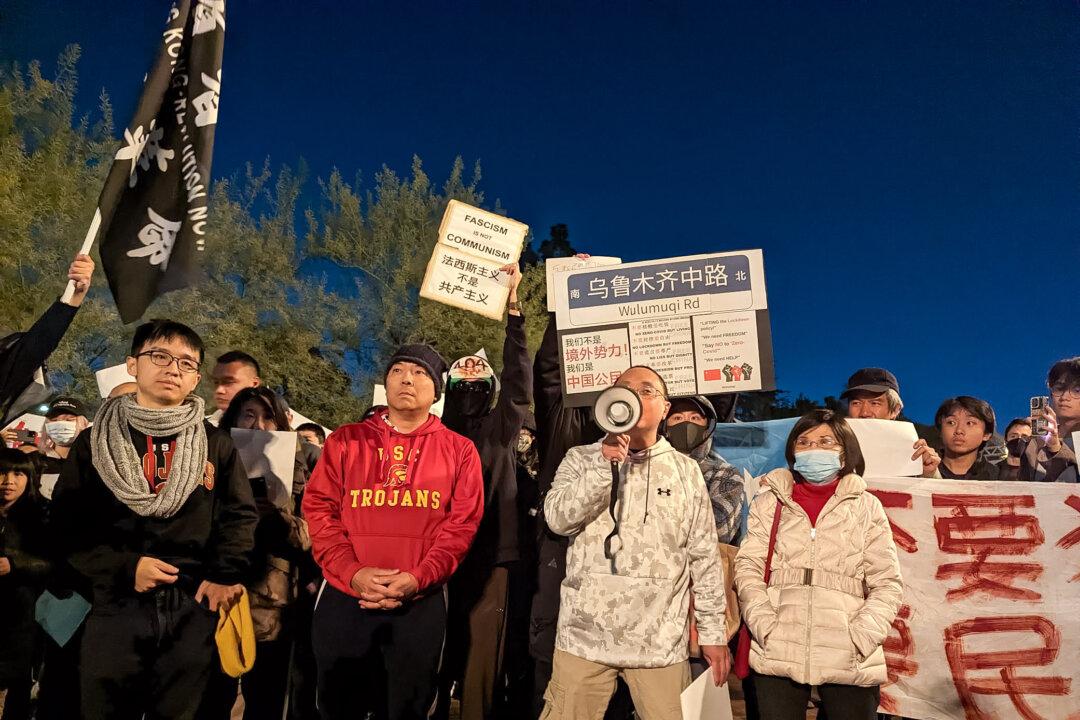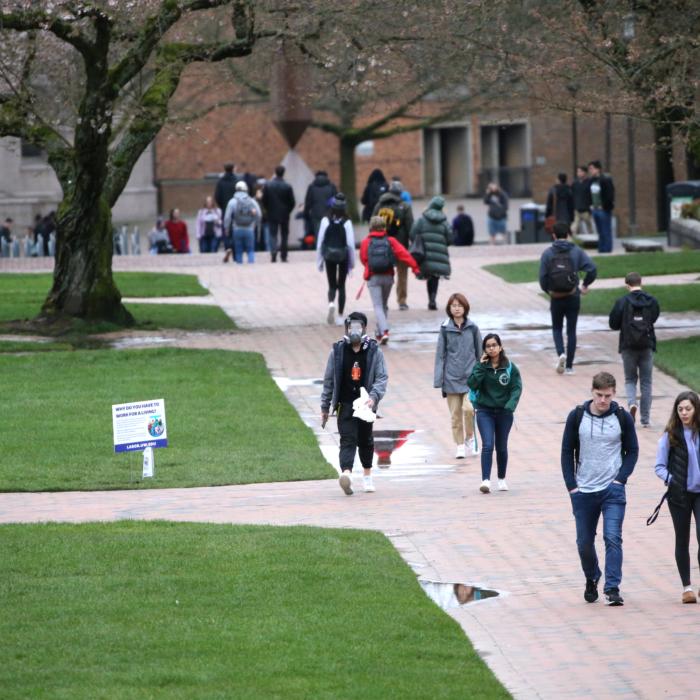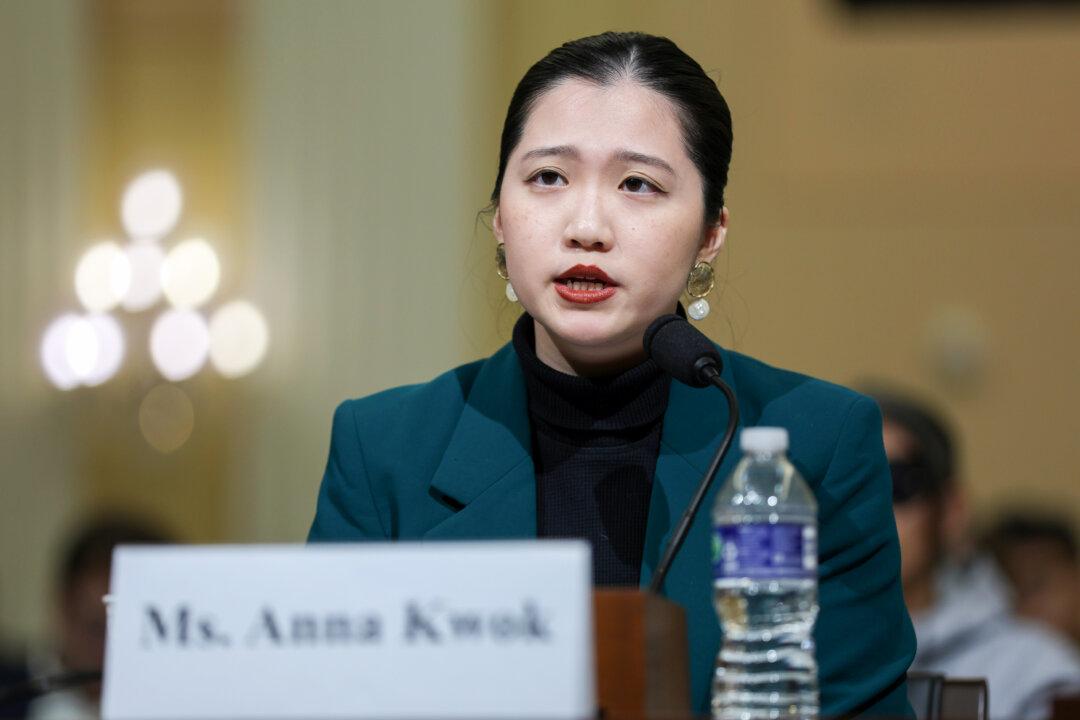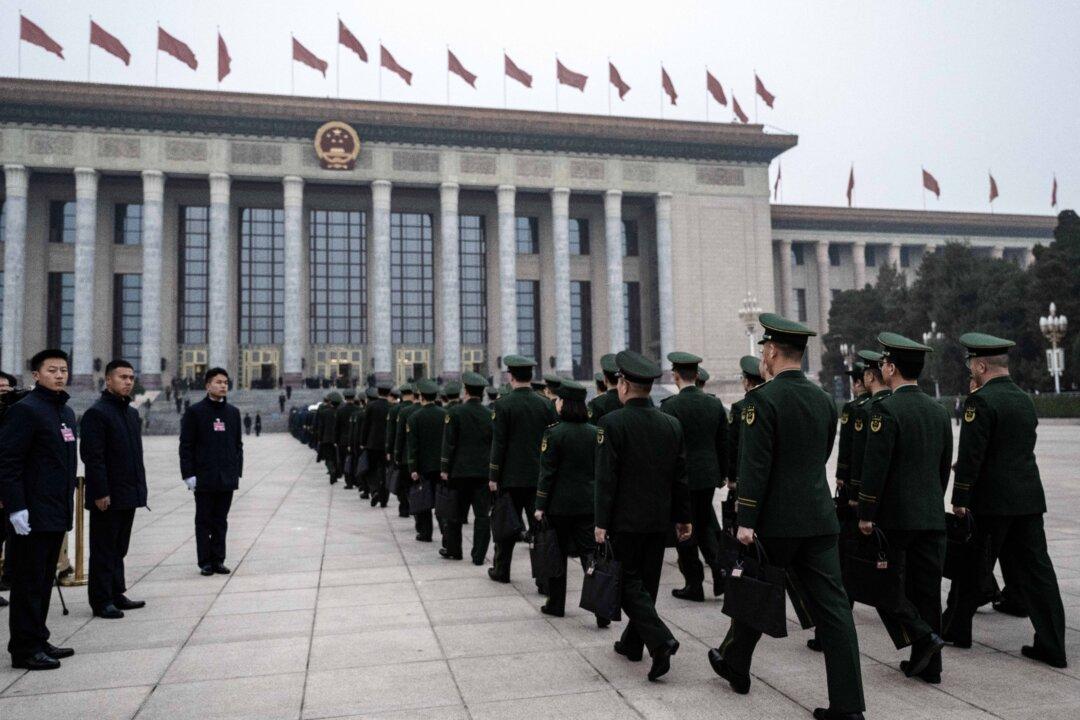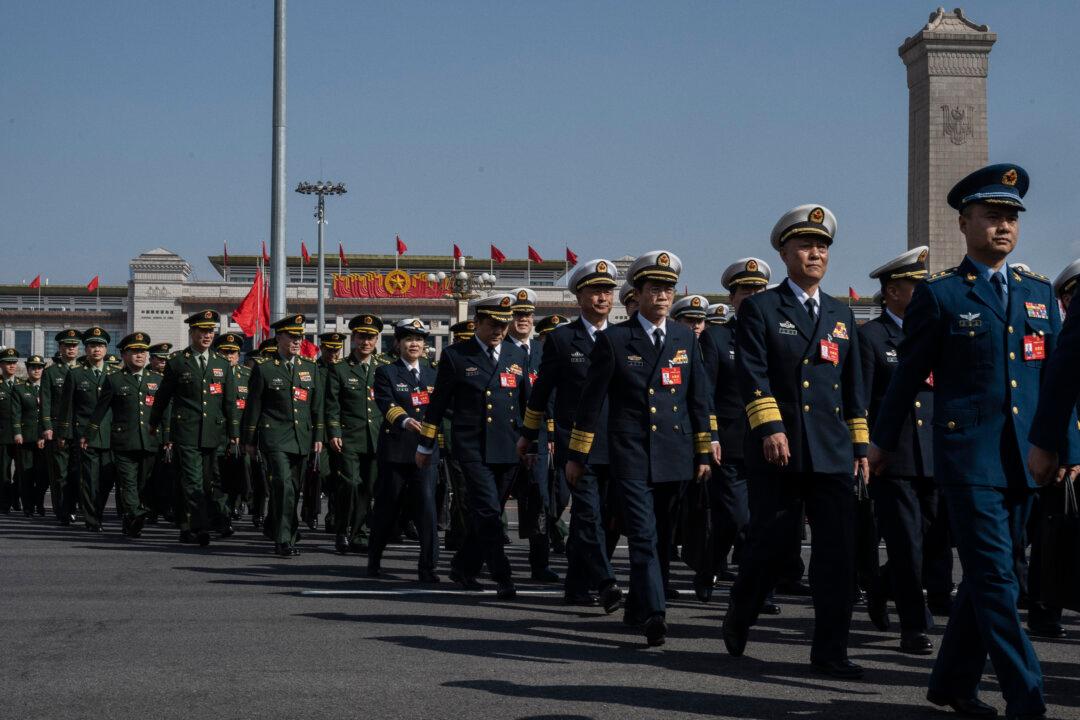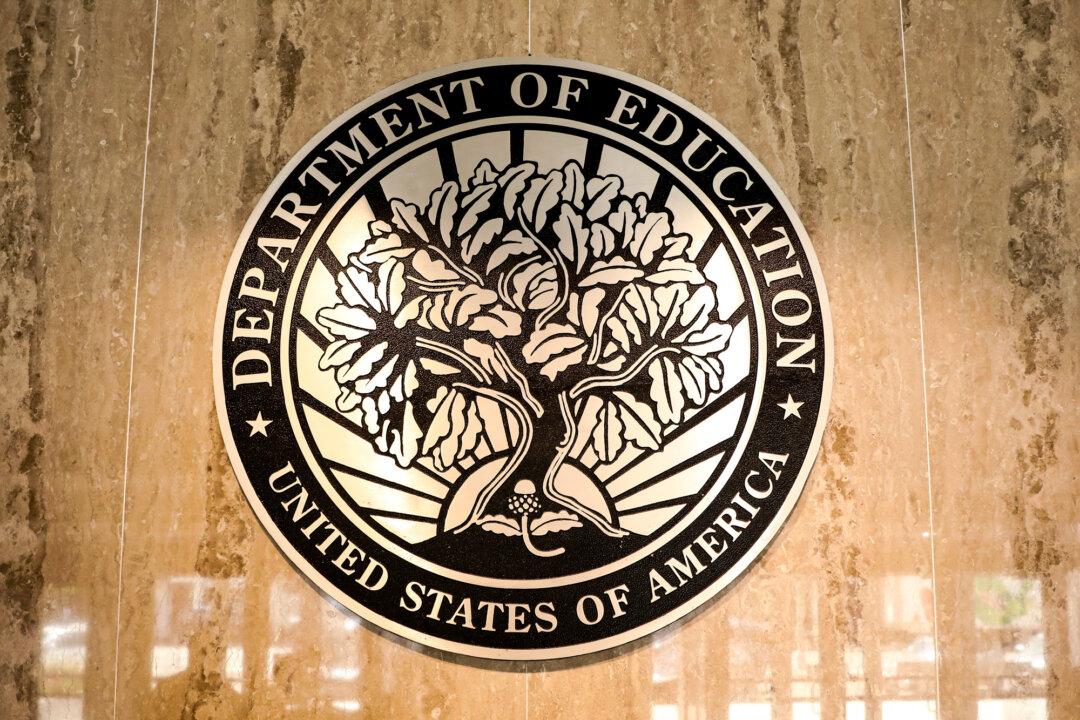“Transnational repression is an everyday threat on campuses,” the group wrote.
The report, released on Feb. 1, found that authoritarian regimes, big or small, have extended their reach outside their borders and engaged in similar acts of “transnational repression” to silence critics at U.S. universities. China’s communist regime, researchers note, represents the “single greatest threat” to international students in the United States.
The Chinese Communist Party (CCP) has a sophisticated network under its United Front Work Department (UFWD) to monitor its citizens on campuses around the world.
The UFWD is a CCP organ that the U.S. State Department described as “a sprawling worldwide network of party loyalists whose purpose is to influence local elites and community leaders.”
Researchers have said that governments in countries such as Egypt, India, Rwanda, and Saudi Arabia also pressure students and faculty at U.S. universities to stay quiet.
Instances of repression include pressuring the families of students who attended pro-democracy rallies, disrupting events on campus addressing human rights abuses by dictators, and intimidating academics who publish articles critical of foreign governments.
“These tactics not only infringe on the rights of the targeted individuals; they also spread fear and encourage self-censorship at institutions of higher learning,” analysts wrote. “Transnational repression undermines academic freedom.”
Freedom House recorded a total of 854 “direct, physical incidents”—such as assassination, kidnapping, assault, detention, or deportation—of transnational repression worldwide between 2014 and 2022, a number the group called “the tip of a much larger iceberg.” These operations were conducted by 38 governments in 91 countries.
Insufficient Response
A handful of U.S. universities have weighed in to support their students, the group found.However, Freedom House found that many American universities lag behind and sometimes respond counterproductively.
“Many colleges and universities lack the tools to protect them from ongoing threats from authoritarian regimes,” Freedom House President Michael Abramowitz said in a statement.
“Administrators need to better understand what transnational repression looks like and develop strategies to protect members of the campus community”
The report highlighted the lack of a mechanism for reporting incidents of transnational repression, which analysts consider “the biggest weakness” by far in American colleges’ response. Other recommendations to address the long arms of global totalitarianism on campuses include publicly denouncing those attempts to harass and intimidate students and raising awareness among staff.
Freedom House emphasizes the need for increased attention to Beijing’s influence activities in U.S. universities, particularly the deployment of the Chinese Students and Scholars Association (CSSA) to monitor and intimidate students.
Although multiple reports have mentioned the association’s role in Beijing’s cross-border repression, administrators at U.S. universities “struggle to deal with foreign interference” by the CSSA, the group wrote.
The CSSA, with chapters at more than 100 U.S. universities, is under the control of the UFWD.
Actions
The report was released amid rising concern about how Beijing’s influence looms over the Chinese diaspora in the United States.In response, Mr. Wu sent threatening messages to the activist. He also said he had already reported her activities to officials at China’s public security agency and that the agency would visit her family back home.
“Post more, I will chop your [expletive] hands off,” Mr. Wu told the activist in a group chat on WeChat, a Chinese social media app, according to the complaint.
After four days of trial, a federal jury in Boston found Mr. Wu guilty of one count of stalking and one count of interstate transmissions of threatening communication.
